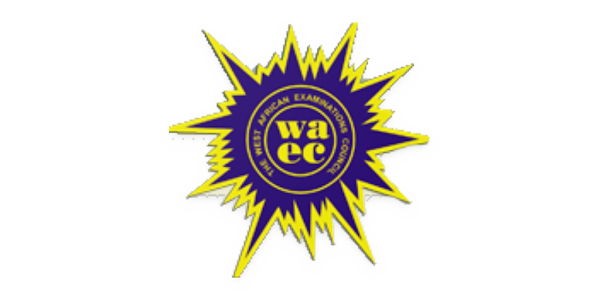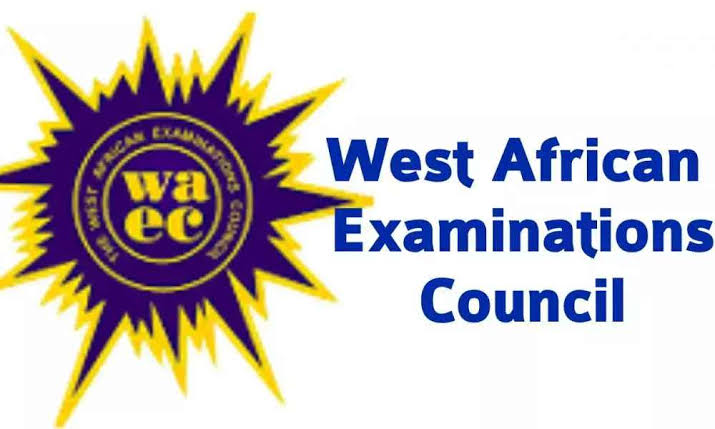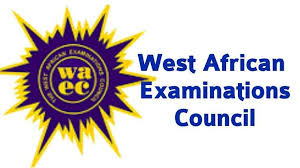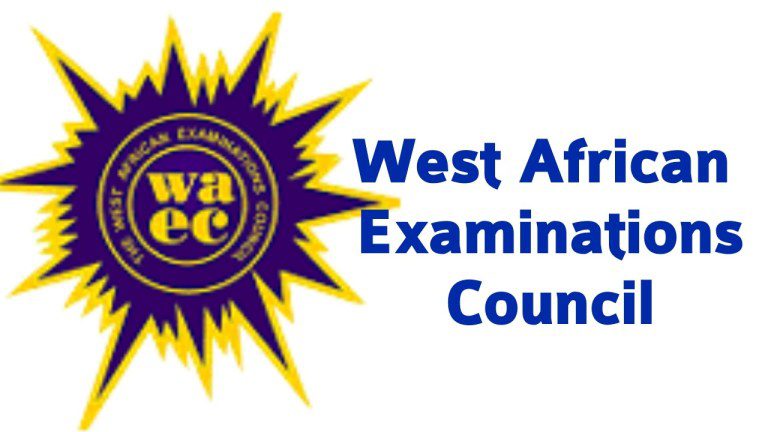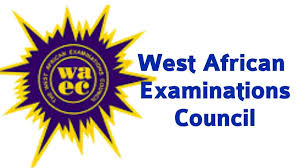The West African Examination Council (WAEC) conducts examinations that are crucial for students in West Africa, particularly in Nigeria, Ghana, Sierra Leone, and other member countries.
Among the various subjects, Physics stands out due to its practical components, which are essential for a thorough understanding of the subject.
This blog post will provide a comprehensive overview of the WAEC 2026 Physics practical specimens and tips on how to effectively answer practical exam questions.
Understanding WAEC Physics Practical
The WAEC Physics practical examination is designed to assess students’ ability to perform experiments, analyze data, and draw conclusions based on their findings. Practical skills are vital, as they not only enhance theoretical knowledge but also prepare students for real-world applications of Physics.
Importance of Practical Specimens
Practical specimens are materials or equipment students will encounter during their practical exams. They serve several purposes:
- Hands-on Experience: Working with specimens allows students to develop practical skills that are essential in scientific research and industry.
- Application of Theory: Practical work helps in applying theoretical knowledge to concrete situations, reinforcing learning.
- Assessment of Skills: The practical exam is a significant part of the overall assessment in Physics, making familiarity with specimens crucial for success.
WAEC 2026 Physics Practical Specimens
The WAEC Physics practical examination for 2026 will likely include various specimens covering a range of topics. While the specific specimens for 2026 may not be released yet, we can identify common specimens from previous years that are likely to reappear.
Common Practical Specimens
- Optical Instruments: Lenses, prisms, and optical benches are often used to test understanding in optics.
- Measuring Instruments: Stopwatches, rulers, and vernier calipers are crucial for experiments involving measurements.
- Electrical Components: Resistors, capacitors, and circuits help students understand electrical principles.
- Mechanical Apparatus: Springs, pulleys, and mass balances are common in experiments dealing with mechanics.
- Thermal Equipment: Thermometers and calorimeters are essential for experiments related to heat and temperature.
Examples of Practical Tasks
- Optics: Students may be required to determine the focal length of a lens using a distant object and a screen.
- Electrical Measurements: Tasks could involve measuring current and voltage in a circuit to calculate resistance using Ohm’s law.
- Kinematics: Experiments might include measuring the time taken for a ball to roll down an inclined plane.
Familiarizing with Specimens
Students should familiarize themselves with the following common specimens:
- Microscope: Understanding how to use a microscope to view slides and interpret results.
- Simple Pendulum: Conducting experiments to determine the relationship between the length of the pendulum and its period.
- Resistance Measurement: Using a multimeter to measure resistance in various components.
How to Answer Practical Exam Questions
When it comes to practical exams, knowing how to approach questions is as important as understanding the specimens. Here are some practical tips to excel in the WAEC Physics practical examination.
1. Read the Instructions Carefully
Before starting any experiment, read the instructions thoroughly. Understand the objectives of the experiment, the apparatus involved, and the steps you need to follow.
2. Plan Your Experiment
Take a moment to plan your approach. Consider the following:
- What measurements will you need to take?
- What is the expected outcome?
- What formulas will you need to apply?
3. Record Data Methodically
Data collection is a critical part of any practical exam. Ensure that you:
- Use appropriate units of measurement.
- Record data in a clear and organized manner.
- Note any anomalies or unexpected results during the experiment.
4. Analyze Your Data
After collecting data, it’s essential to analyze it effectively. This can involve:
- Calculating averages or totals.
- Drawing graphs or charts if required.
- Interpreting results in light of theoretical expectations.
5. Draw Conclusions
Based on your analysis, draw conclusions. Discuss whether your results met the expectations set out at the beginning of the experiment. If there were discrepancies, consider possible reasons.
6. Practice Proper Lab Techniques
Always adhere to safety and procedural guidelines in the lab. This not only ensures safety but also demonstrates professionalism and precision in your work.
7. Use Clear and Concise Language
When writing your answers, especially in the report section, use clear and concise language. Avoid jargon unless necessary, and ensure your explanations are understandable.
8. Time Management
Practical exams are often time-constrained. Allocate your time wisely between different sections of the exam to ensure you complete all required tasks.
Preparing for the WAEC Physics Practical Exam
Preparation is key to success in any examination. Here are some strategies to help you prepare effectively for the WAEC 2026 Physics practical exam.
1. Review Past Questions
Studying past WAEC practical exam questions can provide insight into the types of specimens and experiments you may encounter. Focus on understanding the patterns in questions and the marking schemes.
2. Conduct Mock Practical Sessions
Simulate the examination environment by conducting mock practicals. This helps in familiarizing yourself with the equipment and improves your confidence.
3. Group Study
Studying in groups can be beneficial. It allows for sharing knowledge, discussing difficult concepts, and learning from peers.
4. Seek Help When Needed
If you encounter challenging topics or specimens, don’t hesitate to seek help from your teachers or tutors. Clarifying doubts early can prevent confusion during the exam.
5. Stay Updated
Keep an eye on any announcements from WAEC regarding the 2026 practical exams. Changes in specimen lists or examination formats can significantly influence your preparation.
Conclusion
The WAEC 2026 Physics practical exam is an opportunity for students to showcase their understanding of Physics through hands-on experience. By familiarizing yourself with practical specimens and honing your answering techniques, you can enhance your performance. Remember to prepare thoroughly, practice effectively, and approach the exam with confidence. With the right preparation and mindset, success in the WAEC Physics practical exam is within your reach. Good luck!
